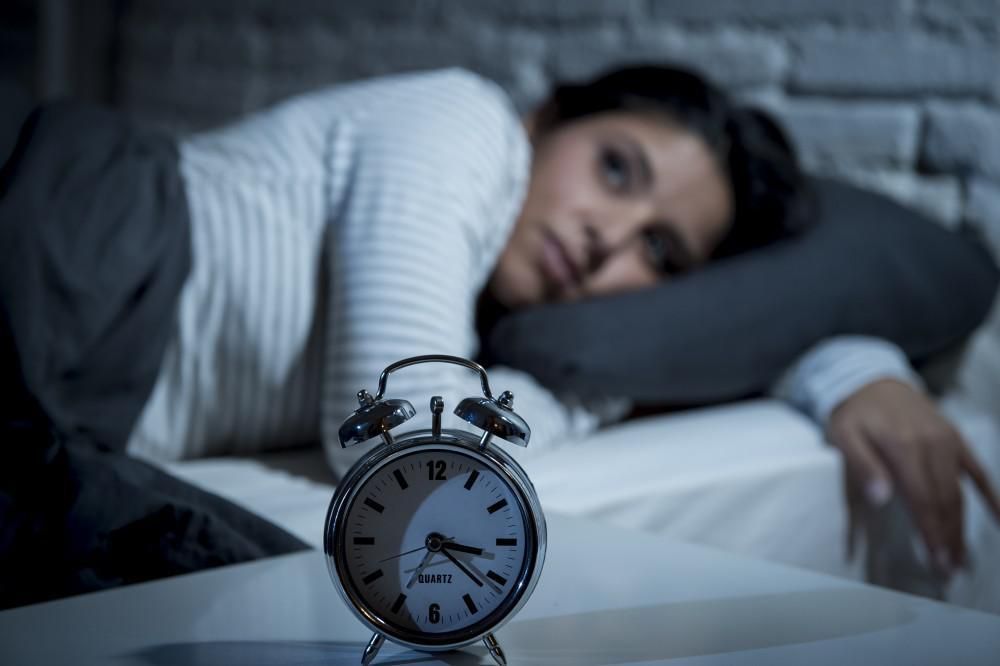Sleep is essential for a healthy and productive life. A regular sleep cycle helps your body recover and reset every day and keeps your overall health in check. But when you can’t seem to get a wink of sleep night after night, it really takes a toll on your wellbeing. This is particularly true if you’re a woman.
At Carolina Wellness Psychiatry, our team members are experts in mental health disorders and sleep problems. Leading our team is Dr. Elizabeth Bullard, and Dr. Allison Foroobar. All three are board-certified psychiatrists who offer therapy when you can’t seem to get the sleep you need.
Why is sleep so important?
Sleep isn’t just what you look forward to after a long day; it’s also vital to your overall wellbeing. In fact, sleep is just as important as daily exercise and a nutritious diet. However, it’s hard to always get enough sleep every night.
There are a number of reasons your body requires sleep. You have an easier time concentrating and are more productive when you get at least seven hours of sleep per night. Other benefits from adequate rest include:
- Less caloric intake
- Decreased chance of depression
- Lower risk of heart disease
- Decreased inflammation
- Increased immunity
As a woman, though, there’s a lot stacked against you when it comes to getting a good night’s sleep. Between hormones and your menstrual cycle, you may find it quite difficult to shut your eyes and fall asleep.
5 reasons you’re struggling to sleep
If you’re a woman struggling to get enough sleep, you’re not alone. According to the Sleep Foundation, less than two-thirds of women get the suggested amount of sleep they should per night. But why is this true? There are several reasons you may be struggling to sleep, which include:
1. Insomnia
Insomnia is a sleep condition that makes it hard to fall asleep, stay asleep, or makes you wake early in the morning, even when you’re tired. If you have short-term insomnia, it’s often caused by a stressful event. Chronic insomnia, on the other hand, is the result of other problems, like mental health disorders and medical conditions.
2. Depression
Depression affects many more women than men, and it’s also linked to poor sleep patterns. Sleeping too much is often related to depression, but not getting enough sleep is also a problem.
3. Anxiety
Anxiety goes along with depression in a lot of women. If you’re dealing with anxiety, it makes it extremely hard to shut your mind off so you can get restful slumber. Women are much more likely to worry about issues in their lives, leading to many sleepless nights.
4. Stress
Women often have greater stress in their lives than men. This is related to work, childcare, and doing things around the house. Stress has a huge impact on your body, especially when it comes to sleep. Stress is also linked to other issues like restless leg syndrome and chronic pain, which affect your ability to sleep well.
5. Menopause
When menopause hits, it leads to many uncomfortable symptoms. If you’re in this stage of life, you may be having trouble sleeping due to hot flashes, night sweats, and constant hormone fluctuations.
What to do when you can’t sleep
When you’re a woman struggling with sleep, there are ways to ensure your body stays healthy and you finally get to rest.
At Carolina Wellness Psychiatry, our team takes your mental and physical health into account when coming up with a treatment plan for your sleep. When insomnia is the culprit, our doctors take the time to find out what’s causing the problem, to get you a personalized solution.
One of the approaches our team uses is cognitive-behavioral therapy. This type of therapy aims to reduce your anxiety, learn healthy sleep habits, relax your body, and help you focus on your breathing.
Our team also suggests other types of lifestyle changes and sleep habits to aid in restful sleep, including:
- No napping during the day
- A consistent bedtime
- No TV or reading in bed
- Limiting food before sleep
Decreasing your overall screen time in the late afternoon or evening also significantly improves your overall sleep. Our team works closely with you to treat any underlying medical issues or psychiatric issues that could also be ruining your sleep.
If you’re struggling to get a good night’s sleep, don’t hesitate to call us today at 919-446-3232 to get effective treatment, or request a consultation using our online booking tool.




